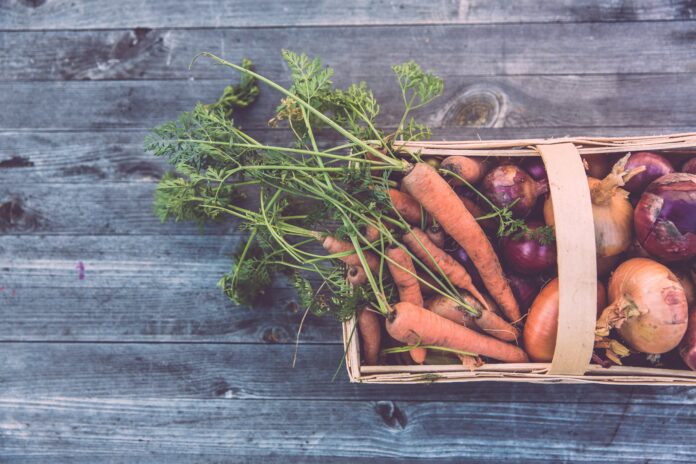
Food prices in the Netherlands have increased 14% since a year ago. However, the number of people buying sustainable and organic food has remained roughly the same, indicating the commitment of many Dutch people to these products.
Dutch newspaper NRC have pulled together various studies into the question of sustainable and organic food. According to Statistics Netherlands, Dutch consumers spend 11 percent of their disposable income on food, and almost half of that goes on meat, fish, vegetables and fruit. But with the changes to prices caused by ongoing global factors, many market researchers have been trying to track if there have been changes in the buying patterns of consumers.
In January, ABN Amro asked consumers whether they would change what they purchase if prices rose by 15%. Half of those questioned stated that they would choose cheaper products, and a quarter said that they would pay less attention to the sustainability of said products.
However, at the time of the survey, few predicted that this rise of 15% would actually take place. Now that it has, further research has demonstrated that most Dutch people have maintained their food buying preferences. Market researcher IRI has said that the same number of products with a quality mark – for example organic foods – were sold in the first half of 2022 as in previous years.
Therefore it is expected that the market for more sustainable foods will continue to be strong. The only change in this regard is a potential shift from organic meat to conventional meat.
Norma Buysse of GfK explains that “the choice to buy organic food is influenced to a lesser extent by income” and is instead more linked to personal conviction. He also added it was interesting that even among low income households there was still a growth in buying sustainable foods, despite inflation.
Thank you for taking the time to read this article, do remember to come back and check out the EuroNews247 website for all your up-to-date European news stories.








